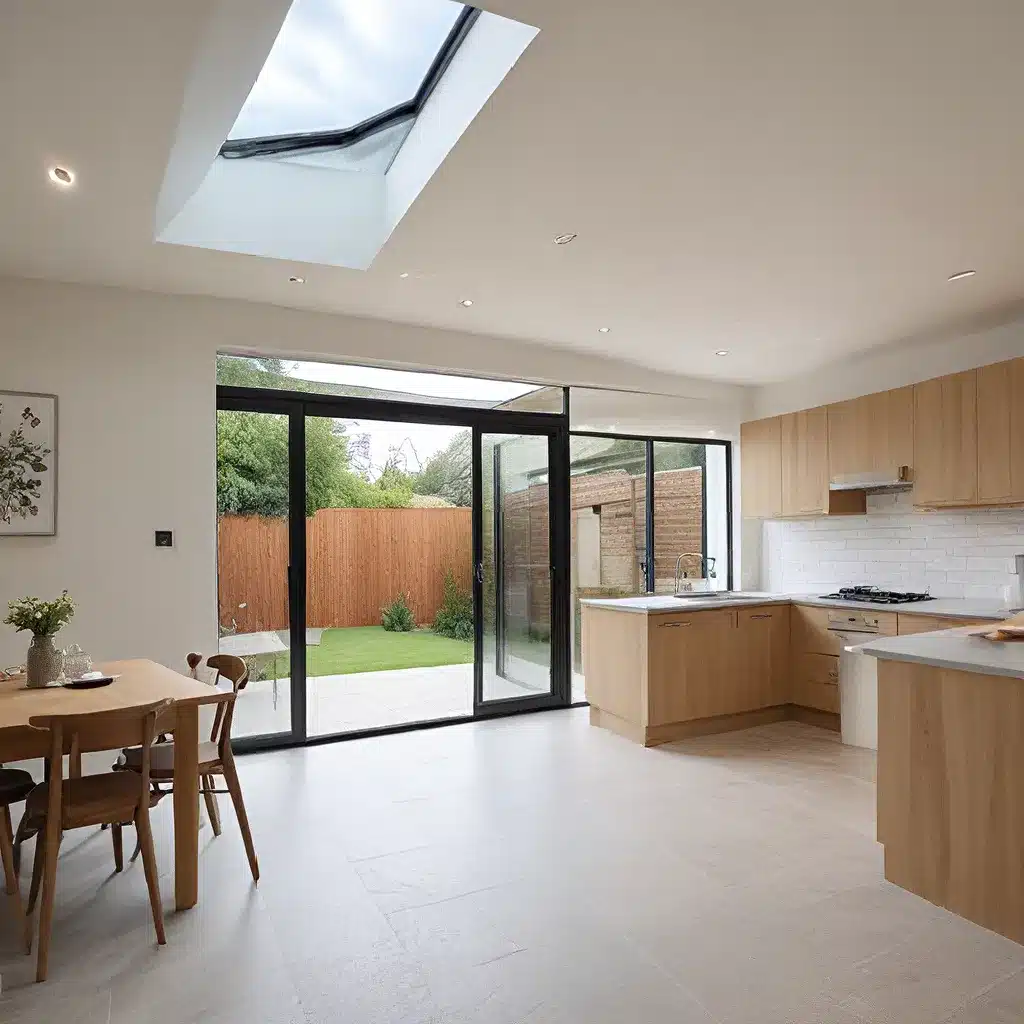
Understanding the Costs Involved
When it comes to budgeting for a home extension, the first step is to understand the various costs involved. As with any major renovation project, there are a multitude of expenses to consider – from materials and labor to permits and unexpected surprises. It’s crucial to have a realistic grasp of these financial realities before diving in headfirst.
One of the key factors that will impact your budget is the scale and complexity of the extension. Are you looking to add a single-story addition, or do you have plans for a more substantial two-story expansion? The larger the project, the higher the overall costs are likely to be. Additionally, the specific design features, materials, and finishes you select can dramatically influence the final price tag.
Another important consideration is the condition of your existing home. If there are any underlying structural issues or necessary repairs, those will need to be addressed before the extension can commence. Neglecting these important preparatory steps could lead to costly surprises down the line.
Establishing a Realistic Budget
Now that we’ve covered the various cost considerations, it’s time to start building your budget. This is where things can get a bit tricky, as there’s no one-size-fits-all approach. Your specific situation, goals, and financial constraints will all play a role.
One method I’ve found particularly helpful is to break down the project into distinct categories and assign estimated costs to each. This might include things like:
- Design and planning: Architectural fees, engineering assessments, permit applications, etc.
- Site preparation: Demolition, excavation, foundation work, etc.
- Structural elements: Walls, roof, windows, doors, etc.
- Finishes and fixtures: Flooring, cabinetry, plumbing, electrical, etc.
- Contingency fund: A cushion for unexpected expenses
By parsing out the various components, you can more accurately gauge the overall financial requirements and identify areas where you may be able to trim costs.
It’s also crucial to factor in a healthy contingency budget. As any seasoned renovator will tell you, things will go wrong – and often when you least expect them. Allocating an extra 10-20% of your overall budget for unforeseen circumstances can help ensure you don’t end up in a financial bind.
Exploring Cost-Saving Strategies
Now, I know what you’re thinking – “That all sounds great, but how can I actually save money on this project?” It’s a fair question, and one that deserves a thoughtful answer.
One effective strategy is to prioritize the most essential elements of your extension and be willing to compromise on the less critical components. For example, you may decide to splurge on high-quality windows and insulation to maximize energy efficiency, while opting for more affordable (but still attractive) flooring or fixtures.
Another tactic is to carefully research and compare suppliers. Don’t just go with the first contractor or materials vendor you come across. Take the time to get multiple quotes and weigh the pros and cons of each option. You’d be surprised how much you can save by shopping around.
ABC Home also offers a range of financing options to help make your extension more affordable. From low-interest loans to flexible payment plans, they can work with you to find a solution that fits your budget.
Maximizing the Value of Your Investment
While budgeting for a home extension can be a daunting task, it’s important to remember that this is an investment in your family’s future. Not only will it provide you with valuable additional living space, but it can also significantly increase the overall value of your property.
In fact, according to a recent study, a well-executed home extension can boost the resale value of your home by as much as 20%. That means that if you play your cards right, you may even be able to recoup a substantial portion of your initial investment down the line.
Of course, maximizing the return on your investment goes beyond just the financial aspects. It’s also about creating a space that truly enhances your quality of life. Whether that means a cozy new reading nook, a state-of-the-art home office, or a sprawling open-concept kitchen and living area, the key is to tailor the extension to your unique needs and lifestyle.
Embracing the Journey
As you embark on your home extension project, it’s important to keep an open mind and embrace the journey. Sure, there will be challenges and setbacks along the way, but with proper planning and a healthy dose of flexibility, you can navigate them with confidence.
Remember, creativity and resourcefulness are your best friends when it comes to budgeting for a home extension. Don’t be afraid to think outside the box, explore unconventional solutions, and tap into the wealth of knowledge and expertise that’s available to you.
And above all, enjoy the process. This is an exciting chapter in your family’s story, and with the right mindset, it can be a truly rewarding experience. So, roll up your sleeves, dive into the details, and get ready to transform your home in ways you never thought possible.
















